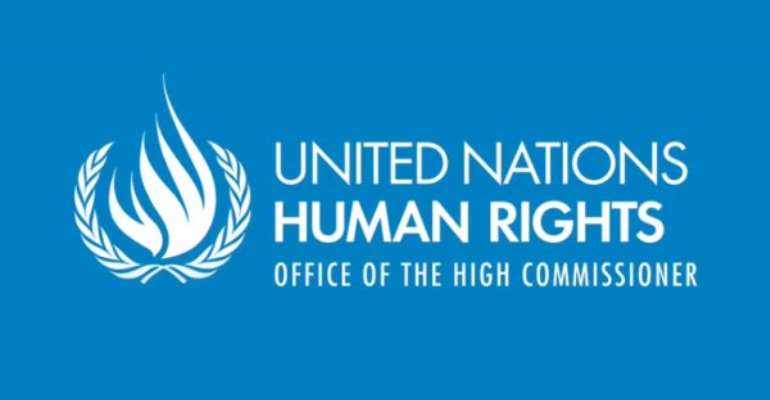South Sudan Council of Churches backed by WCC in peace bid for war-torn country

GENEVA, Switzerland, June 11, 2015/African Press Organization (APO)/ -- The executive committee of the World Council of Churches (WCC) discussed at their meeting 8-13 June the alarming situation in South Sudan where people continue to be killed, raped, displaced and tortured. The humanitarian situation is reported to be deteriorating.
The tragic conflict in South Sudan has moved into its 18th month, and the World Council of Churches (WCC) has pledged its support of the church leaders in the country making a commitment to work for peace.
Twenty-five leaders and representatives from the member churches of the South Sudan Council of Churches gathered in Kigali, Rwanda for a retreat from 1 to 7 June 2015 along with members of the laity, the World Council of Churches and partners to reflect and propose a plan to achieve peace and reconciliation in South Sudan.
“We lament that sustainable peace has not been attained in South Sudan. Peace must be sustained and it must be peace with justice. People's lives are in danger, the whole country cries out in pain. We pray for the church leaders in their efforts to make peace and reconciliation, and for the conflicting parties to listen to the voice of the church leaders,” said Dr Agnes Abuom, moderator of the WCC Central Committee
Abuom added “We are pilgrims and we have to work, walk and pray together. The WCC supports the church in South Sudan during these difficult times. We have a long commitment in the region of more than 40 years and the WCC supports the statement of the church leaders on 7 June. .”
The leaders from the South Sudan Council of Churches (SSCC) said in their statement issued on 7 June: “We have repeatedly stated that this is a senseless war which must stop immediately. There is no moral justification to continue killing ourselves, regardless of any legitimate political issues with government or opposition.”
They also said in their statement: “A cessation of hostilities must be implemented before any detailed negotiations for the future; it is unacceptable to negotiate posts and positions while people are killing and being killed. Negotiations are about to begin again while innocents continue to suffer. What will be different this time?”
The church leaders stated: “The needs of the people must be met, not the needs of political and military elites. It appears that pride, power and politics have become a greater priority than peace.”
